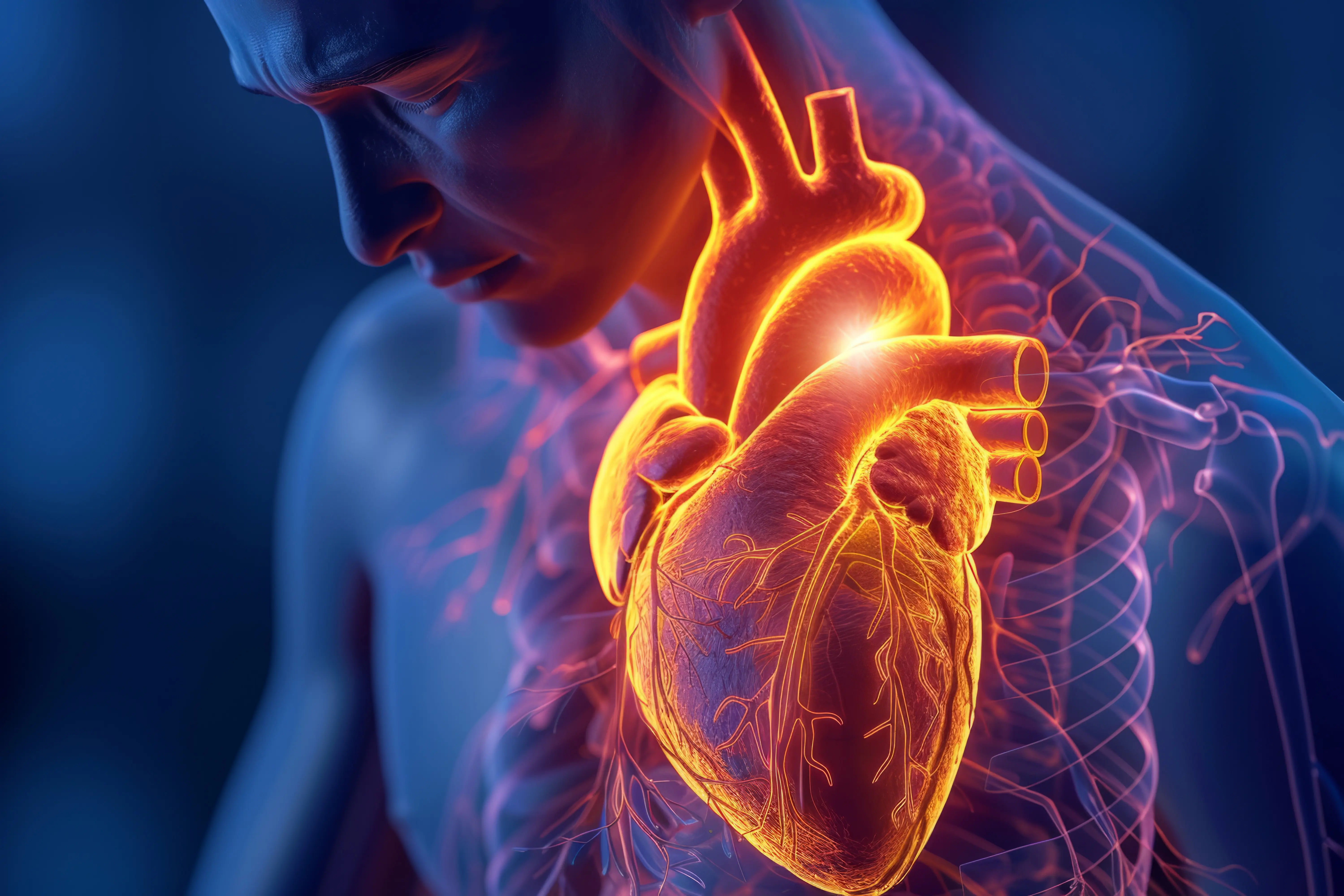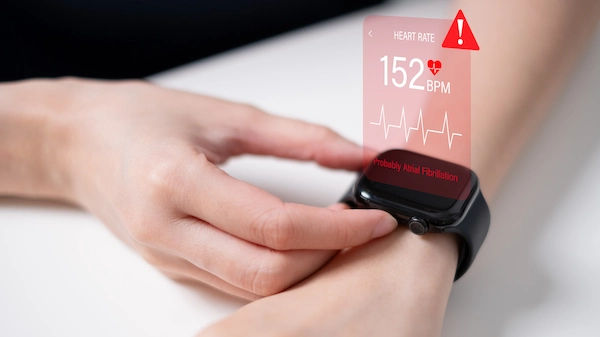- Male
- 31 Years
- 22/01/2025
I'm trying to understand my echocardiography report and it's a bit confusing. It mentions terms like LVH, RWM, and systolic function, and I see numbers related to valves and arteries. It mentions things like Aorta 3.9 cm, LA 3.4 cm, and LV 5.3x3.2 cm, with an EF of 70. Could you help me figure out what this means? Is everything normal, or should I be worried?
More Cardiology Health Queries
View allI'm experiencing some chest heaviness and a bit of pain, and it's making it harder to catch my breath at times. I've been smoking about 10 to 12 cigarettes a day. Should I be concerned about this, and what could be causing these symptoms?
Tab augmentin duo 625mg ,orally ,thrice daily for 5 days advised to the patient.Also syrup salbutamol 10ml thrice daily for 7 days is advised to the patient.Steam inhalation is also advised twice daily to the patient.
Answered by 1 Apollo Doctors
I'm trying to figure out what's going on with this persistent chest pain. I did a TMT on May 25 as advised by my doctor, and it turned out negative, but the pain in the middle of my chest just won't go away. I dont smoke or drink and there's no family history of heart disease. I've been dealing with asthma for the last two years. The pain doesn't increase when I walk or run, but it's really starting to make me anxious and it's even affecting my sleep. What can I do to alleviate this pain?
As per your description, it seems like you are experiencing chest pain despite a negative TMT result. Since you have a history of asthma and the pain is not worsening with physical activity, it may not be directly related to your heart. To help alleviate the chest pain and manage your anxiety, you can take over-the-counter pain relief medication like paracetamol (e.g., Tylenol) at a dose of 500mg to 1000mg every 4-6 hours as needed. Additionally, you can try using a heating pad on the area of discomfort and practice relaxation techniques such as deep breathing exercises or meditation to help with your anxiety and improve sleep. If the chest pain persists or worsens, it is important to follow up with your doctor for further evaluation and management.
Answered by 1 Apollo Doctors
I'm really concerned about my mom's health. Her ESR levels are incredibly high, sitting at 155, and she's been struggling with rheumatoid arthritis. Could you help me understand whether this is something we should be worried about and what potential impacts this might have on her condition?
Causes of high esr includes infections like t.b, hepatitis, cancer , bacterial ifections, anaemia and arthritis..etc.. other investigations include RA factor and anti ccp tests is advised..
Answered by 1 Apollo Doctors
Disclaimer: Answers on Apollo 247 are not intended to replace your doctor advice. Always seek help of a professional doctor in case of an medical emergency or ailment.





